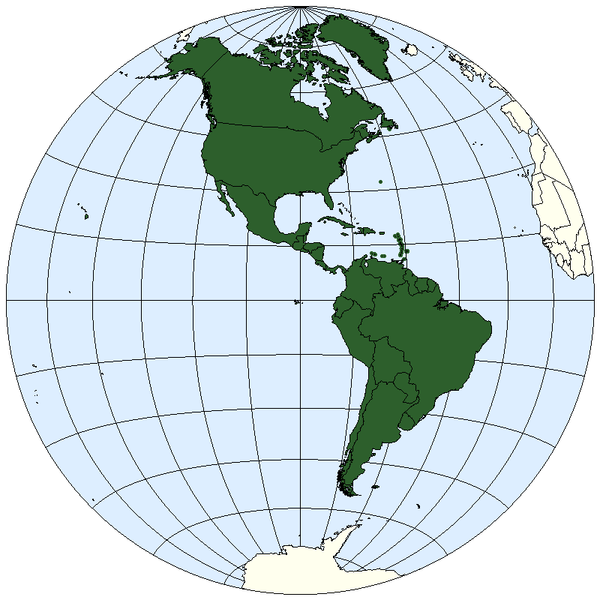The number of chikungunya cases reported in the Western hemisphere increased by some 70,000 cases from last week, according to data released by the Pan American Health Organization (PAHO) today.
The total suspected and confirmed cases near 660,000, up from nearly 590,000 last Friday. Approximately 59,000 additional cases were reported from the Dominican Republic, which now tallies at 429,000 cases.
In Central America, El Salvador’s chikungunya case count increased by 3,000 cases, bringing that countries total to more than 8,000.
Chikungunya is a viral disease transmitted by the bite of infected mosquitoes such as Aedes aegypti and Aedes albopictus. It can cause high fever, join and muscle pain, and headache. Chikungunya does not often result in death, but the joint pain may last for months or years and may become a cause of chronic pain and disability. There is no specific treatment for chikungunya infection, nor any vaccine to prevent it. Pending the development of a new vaccine, the only effective means of prevention is to protect individuals against mosquito bites. For more infectious disease news and information, visit and “like” the Infectious Disease News Facebook page

Public domain image/ E Pluribus Anthony


6 thoughts on “Chikungunya in the Americas: 650,000 cases and counting”